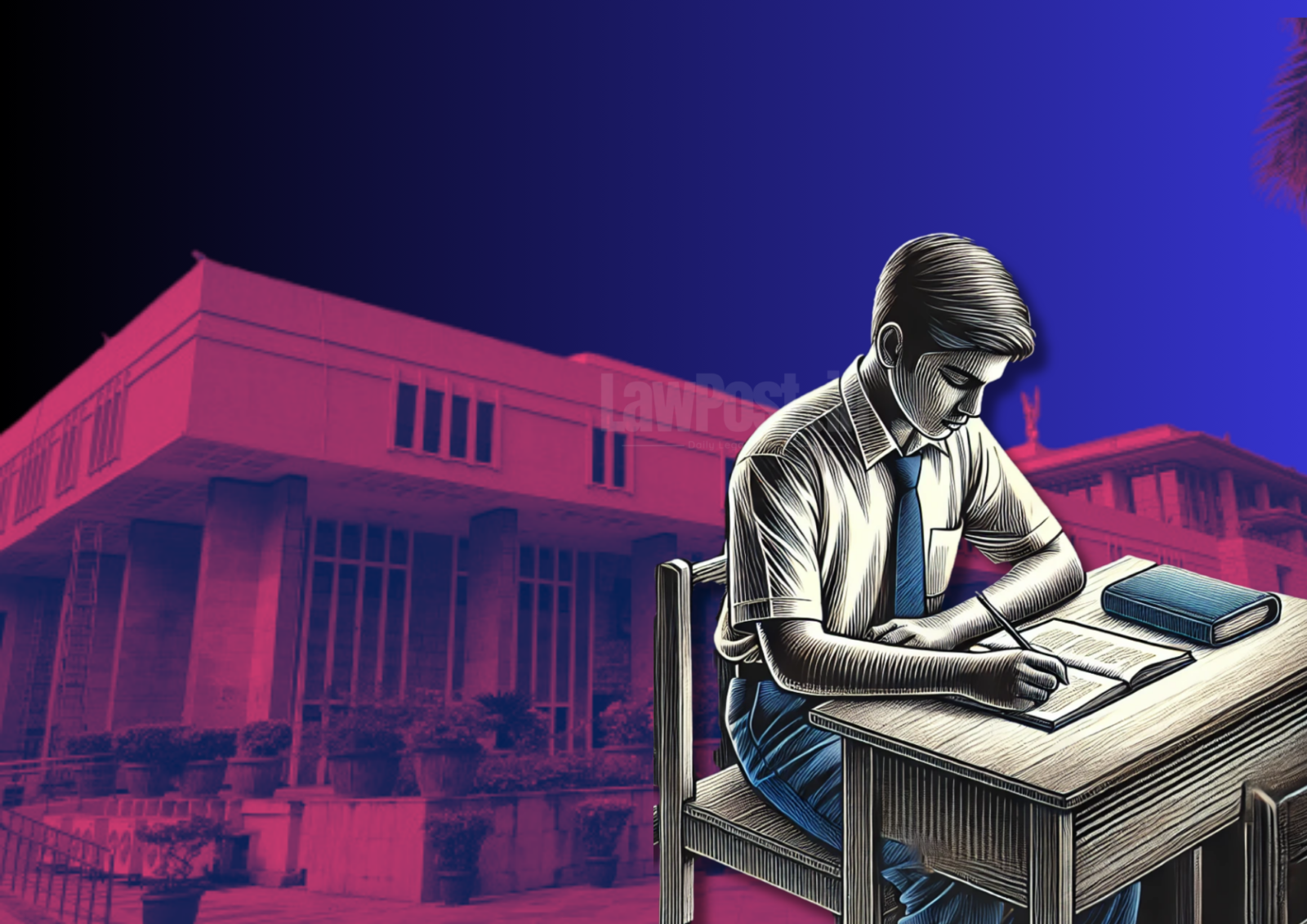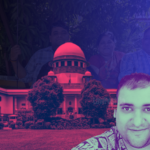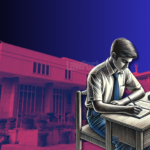In a significant development, the Delhi High Court has instructed the Consortium of National Law Universities (NLU) to revise the results of the CLAT 2025 undergraduate exam, following the discovery of errors in two questions. The court’s decision came after hearing a petition filed by Aditya Singh, a 17-year-old candidate, who challenged the accuracy of the answer key released by the Consortium.
The errors were found in question numbers 14 and 100 in Set A of the exam. Justice Jyoti Singh, in her ruling, emphasized that “the errors in question Nos. 14 and 100 are demonstrably clear, and shutting a blind eye to the same would be injustice to the petitioner.” The court further pointed out that correcting the mistakes was necessary, even though it could impact the results of other candidates.
For question 14, the court upheld option ‘C’ as the correct answer, as confirmed by the Expert Committee. The court directed that all candidates who had marked option ‘C’ for question 14 would receive the benefit, not just the petitioner. In the case of question 100, the court ordered that it be excluded entirely from the assessment, as advised by the Expert Committee.
The court’s judgment also touched on the role of constitutional courts in reviewing answer keys, stating that while the Supreme Court has cautioned against excessive intervention in such matters, there must be exceptions. “The law does not commend a total ‘hands off’ approach, and in exceptional cases where questions are found to be demonstrably wrong, the resultant injustice to a candidate must be redressed and undone,” the court noted.
The petition, filed by Singh, came after the Consortium released a provisional answer key, which he objected to, only for the final answer key to repeat the same mistakes. Singh argued that due to the errors in the answer key, he had lost marks, adversely affecting his admission prospects. He also claimed that if his objections had been properly addressed, he could have secured a higher rank and qualified for admission to a more prestigious institution.
In response to Singh’s petition, the court has directed the NLU Consortium to reassess the marks and rankings of all affected candidates and issue revised results accordingly. This decision marks a crucial moment in the ongoing debate over the accuracy and fairness of the CLAT examination process.
The revised results will provide clarity to all candidates, especially those impacted by the errors in the answer key.
Case: Aditya Singh (Minor) vs Consortium Of National Law Universities – Available on LAWFYI.IO








